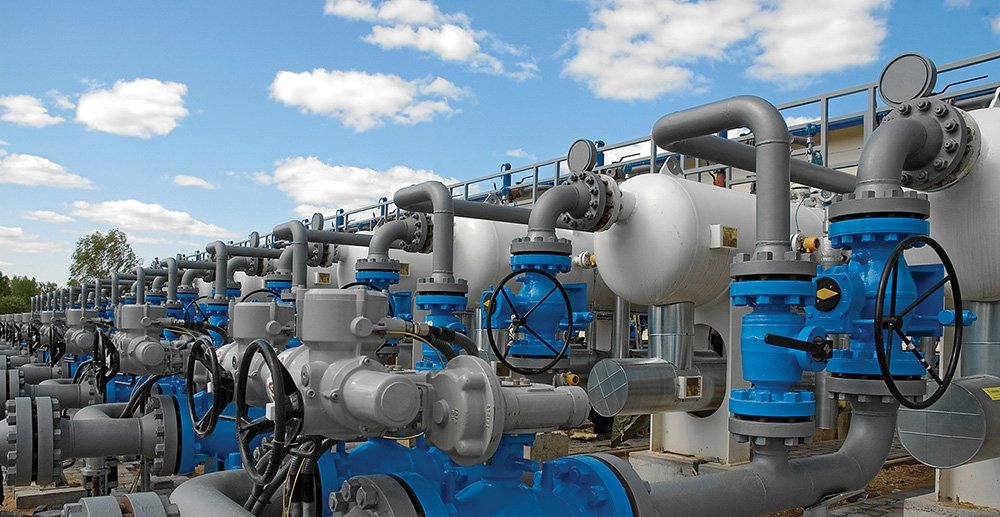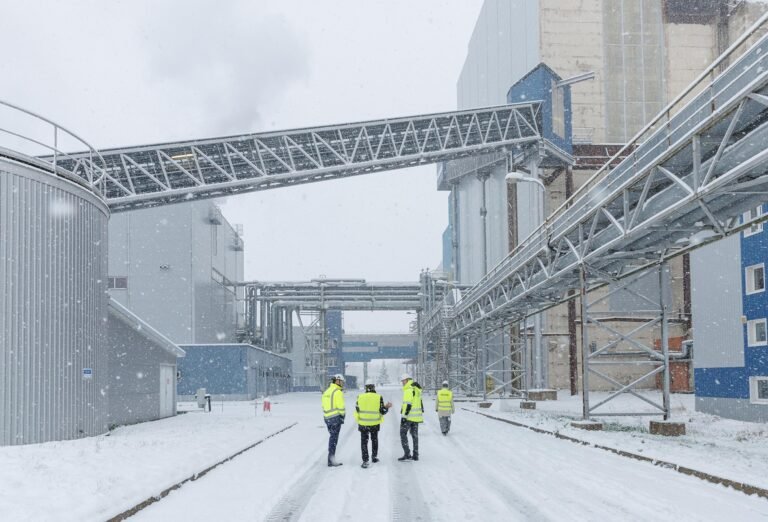It is critically important to pay much more attention to the security of energy supply, Uldis Bariss, Chairman of the Board of the natural gas transmission and storage operator Conexus Baltic Grid (Conexus), told LETA in an interview.
Speaking about the National Energy and Climate Plan, Bariss said that Conexus is actively participating in the public consultation launched by the Ministry of Climate and Energy with all of those involved.
“Of course, as a utility company, we are very interested in the further development of our services. But on the other hand, we are also the system operator, which means that we have to make sure that the energy supply is secure in the future,” Bariss said, stressing that when renewable energy sources are used much more, there will be much greater fluctuations in energy production than at present.
Bariss pointed out that there had been no problems with security of supply so far – power plants could be started when they were needed, so “our attention may have been put to sleep somewhat artificially”. However, this is not the case with wind and solar energy and this is something that needs to be recognized.
“This is not a position against the increasing use of renewables, but we need to be aware that with this must come solutions that guarantee the availability of energy at times when there is high consumption but no generation from renewables,” Barris said in the interview.
He believes that all parties involved in the discussion are aware of this, but whether this aspect is included in the documents and plans is another matter.
Bariss says that what is worrying about energy access is the ability to follow through with the necessary changes. It is already evident – and will be increasingly so in the future – that the market is becoming more dynamic as conditions change. Utility companies therefore need to be able to keep up with the dynamism of the market, says the Conexus CEO.
However, for Conexus to keep pace as a regulated company, a more flexible regulatory framework is needed. At present, any major change would take a couple of years. “This is far too much,” said Bariss.
He stressed that it is also a wider issue of administrative regulation. The company needs a little more flexibility in how it can react to market developments compared to the current situation.
Bariss gave the example of the current active development of bio-gas production. He points out that the legal conditions for bio-gas producers to fit into the market structure when they connect to the natural gas transmission network are currently unclear.
“This would require a change in legislation, but it is not happening as quickly as we would like. Discussions on this issue have been going on for a year now,” Bariss said in the interview.
Source: BNS
(Reproduction of BNS information in mass media and other websites without written consent of BNS is prohibited.)


















